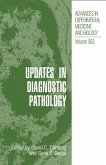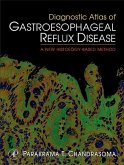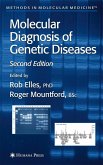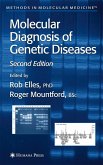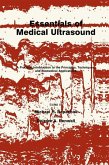Soon after the first description of monoclonal antibodies in 1976, there was enormous interest in the clinical application of antibodies, especially in the context of cancer. Antibodies appeared to offer the "magic bullet" that would allow the specific destruction of neoplastic cells. H- ever, many years' effort resulted in very few cases of successful immu- therapy with antibodies. As a result there was a major backlash against antibody therapy, and the field lost a considerable amount of popularity. Fashion, in science as well as in other things, tends to be cyclical. Antibody-based therapy is once again attracting scientists and clinicians. There are several reasons for the renewed optimism; certainly the expe- ence of the last two decades has provided a wealth of information about problems associated with antibody therapy, and possible solutions to these problems. Recombinant antibody engineering has rejuvenated the field, allowing both the modification of antibodies to improve their in vivo pr- erties and the isolation of novel antibody molecules by such techniques as phage display. The results of recent clinical trials have demonstrated unequivocally the benefit of antibody therapy in a number of settings, and, finally, more careful consideration has been taken of the types of disease best treated using this approach.
"...a welcome addition to the clinician's medical library....written by experts in the field and cover a broad selection of issues, ranging from the basic structure of antibodies to intellectual property rights....Although the chapters can stand independently, the editors have made a major effort to cross-index them by giving references to related material in other chapters....this is a comprehensive book that should be useful to anyone interested in the use of antibodies for therapy, diagnosis, or laboratory investigation. As someone who is currently involved in the development of an antibody-based therapy, I found this book to be quite complete and well written. In many ways it can serve as a manual for the development and use of antibody reagents. The chapters are liberally sprinkled with welcome advice.... For clinicians, the book can provide a handy reference for the many types of antibody reagents available for clinical use, as well as information on serological assays. This book fills an important niche in the literature on antibody-based therapies, at a time when reagents are finding their way into clinical use in ever-increasing numbers." - Clinical Infectious Diseases




